EVENT CHECK-IN BEGINS 7:30AM ON BOTH DAYS
Times and rooms are subject to change.
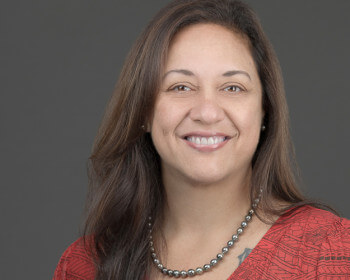
Day 1 Keynote speaker A. Aukahi Austin Seabury, PhD provides a 21st century vision for a thriving kanaka oiwi.
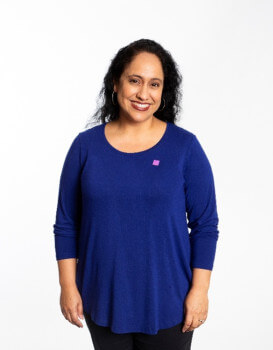
Kumu Kaʻeo Kawaʻa will introduce the Indigenous practice of ʻAha Kiole, an ancient Hawaiian system of governance rooted in hoʻihi (the sacred), pono (righteousness, balance, morality), and shared kuleana. This presentation will explore how ʻAha Kiole can inform modern decision-making, resource stewardship, and collective accountability in ways that align with Native Hawaiian values and ʻŌiwi leadership best practices.

Navigating the demands of the present while honoring our heritage can be challenging. Discover how Native Hawaiian Health Scholarship recipients integrate cultural traditions with Western practices. Explore the impactful changes they are implementing, from small to significant, that contribute to the betterment of the lāhui.
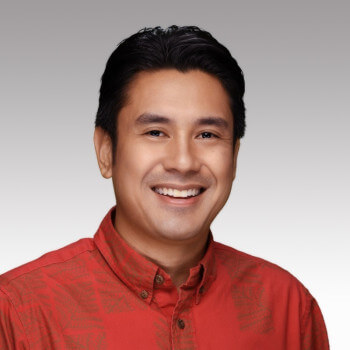
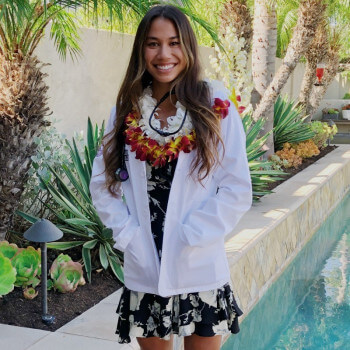
This panel brings together both long-established and newly formed kūpuna councils to share their unique perspectives on the protection, perpetuation, and preservation of traditional healing practices. Each council will offer insight into their founding history, their guiding purpose, and the vital roles they play in ensuring that ancestral knowledge and healing traditions remain vibrant, relevant, and protected in today’s world. Through generational wisdom and inter-council dialogue, participants will explore shared values, ongoing challenges, and the evolving efforts to maintain the integrity of traditional healing in modern contexts. This session is a rare opportunity to witness the strength of intergenerational leadership working together to uplift and safeguard the cultural foundation of Native Hawaiian health and well-being.
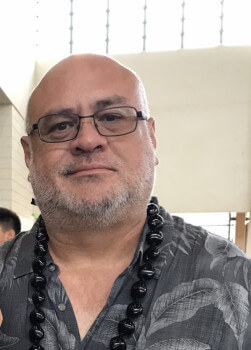
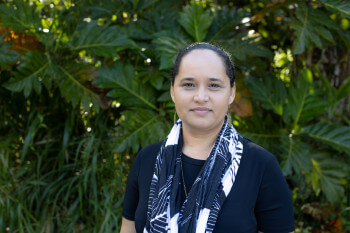
Moʻolelo and kaʻao are not just stories, they are vehicles of ancestral knowledge that offer pathways to health, resilience, and collective thriving. This session explores how these living narratives nourish mauli ola, strengthen pilina, and guide us in honoring our kuleana to ʻāina and to each other.
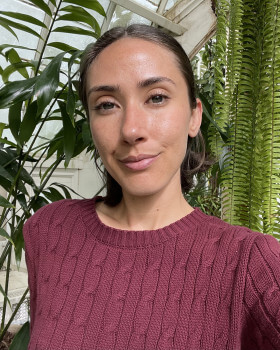
The Native Hawaiian Research Hui, a hui of members from Kamehameha Schools, Liliʻuokalani Trust, Office of Hawaiian Affairs, Papa Ola Lōkahi, and the Queen’s Health System, work collaboratively on various research efforts related to the health and well-being of our Native Hawaiian communities through a Native Hawaiian lens. They will share an overview of their work related to Kūkulu Kumuhana, a holistic Native Hawaiian framework of wellbeing grounded in dimensions of Ea (self-determination and agency), Pilina (mutually sustaining relationships), Waiwai (ancestral abundance), ʻŌiwi (cultural identity), Ke Akua Mana (spirituality and sacredness of mana), and ʻĀina Momona (healthy and productive lands and people) and results from the ʻImi Pono Hawaiʻi Wellbeing Survey.
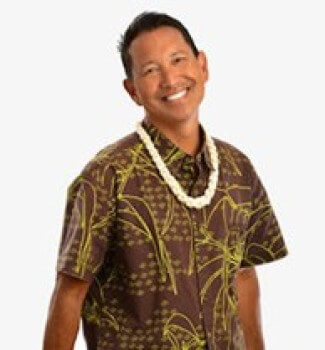
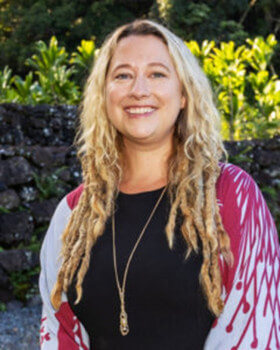
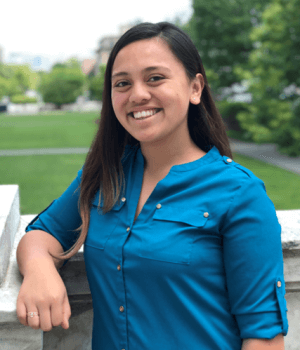
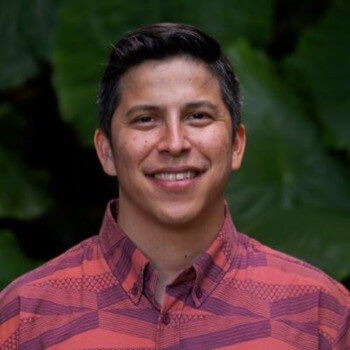
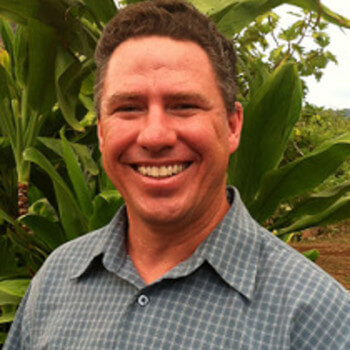
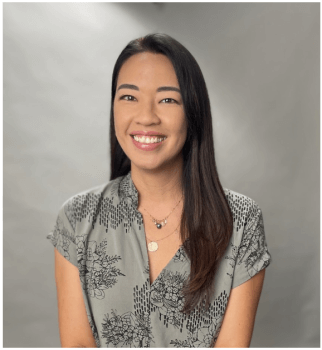
One person can make a difference. Many can make a movement. We know that there is power in numbers, but we rarely learn how to make meaningful collective power. Join us for a discussion about how building coalitions and networks can drive change—from community to systemic levels.
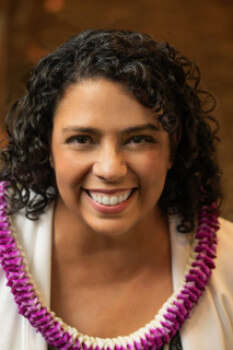
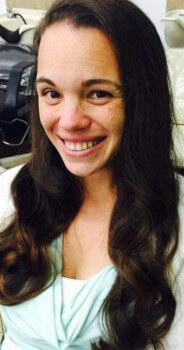
This panel will feature storytellers and media makers across diverse media to comment on how health and well-being can be amplified in media.
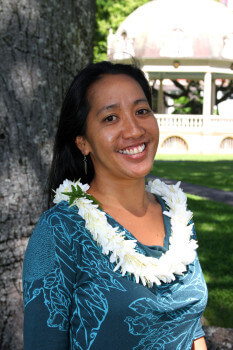
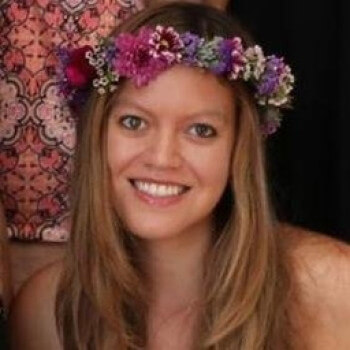
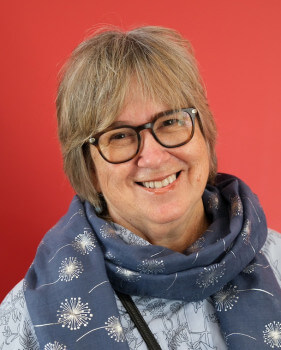
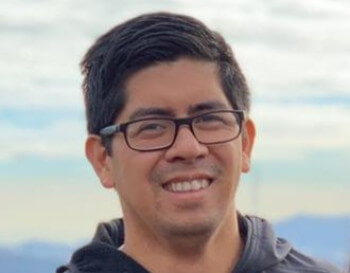
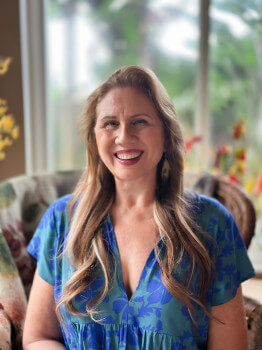
Once you build collective power—whether through coalition or otherwise—what does advocacy look like? This panel will share various experiences of working to effect policy and other changes in the various branches and levels of government through collective power and actions.

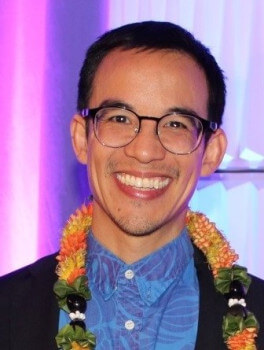
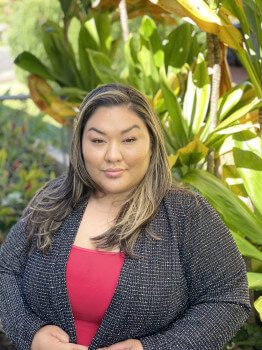
Mauliola Pharmacy, in collaboration with Nohona Health, presents the OLENA Project, an innovative initiative designed to address the emotional and psychological aftermath of the 2023 Maui Wildfires. Grounded in Native Hawaiian cultural practices, the OLENA Project seeks to nurture holistic healing by reconnecting individuals with the land and traditional healing practices. Key program components include monthly cultural workshops and quarterly mea kanu (plant) distribution days, facilitated by a team of caretakers and supported by Mauliola Pharmacy.

ʻŌiwi- Cultural identity and Native intelligence. The Wahine Research Hui uses indigenous methodologies and community-based principles to address issues relevant to Wāhine Hawai`i and their families. Gatherings and collaborative projects provide a safe space for sharing knowledge, co-creating research, and fostering reciprocal learning. By centering the voices and expertise of wāhine from all islands, the Hui strengthens paeaina wide connections and ensures that research and programming reflect the priorities and strengths of women throughout Hawaiʻi.
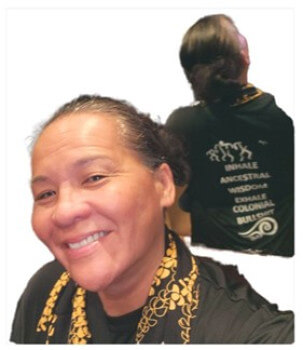
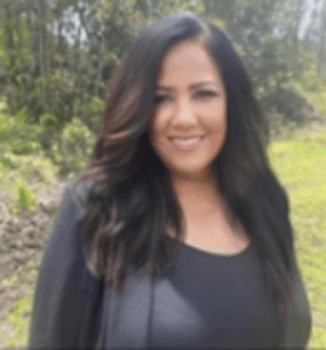
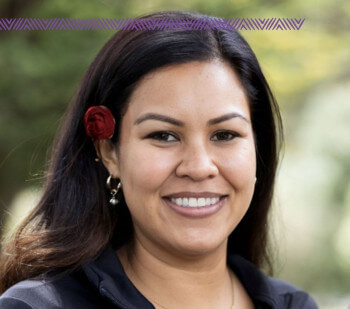

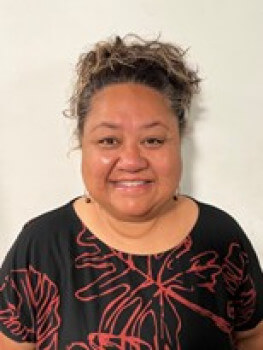

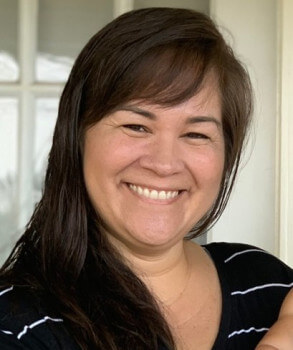
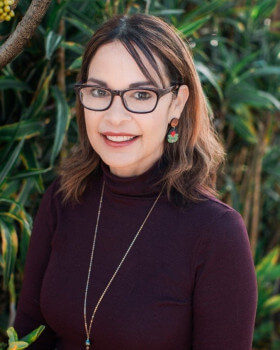
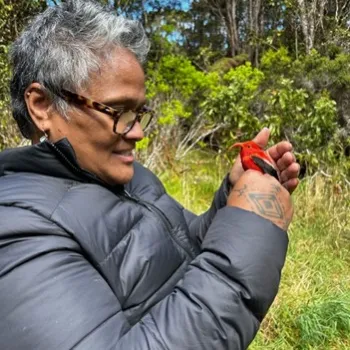
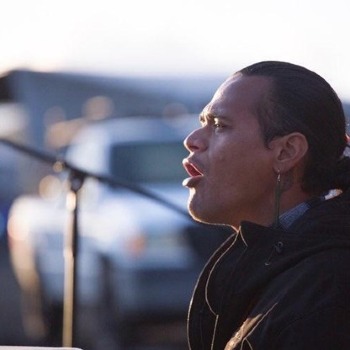
Join us for an engaging panel presentation to hear about community partnerships between schools, community-based health centers, and other community organizations, all to support the health, well-being, and resilience of students and families. This session will introduce the work of the Hā Ola Project – a community school partnership between health centers and schools to develop culturally based curricula and increase access to health services. Learn about community schools' work of engaging and activating local schools, communities, and ʻohana to meet needs and strengthen pilina. He lei poina ʻole ke keiki – A lei never forgotten is the beloved child. ʻŌlelo Noʻeau, #740. Youth and families are at the center of this work. Each provider, family, community partner, and school is a piece of the lei coming together in support and aloha.
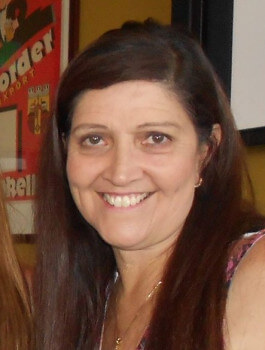

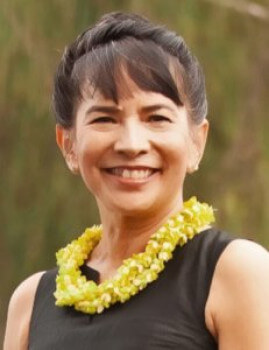
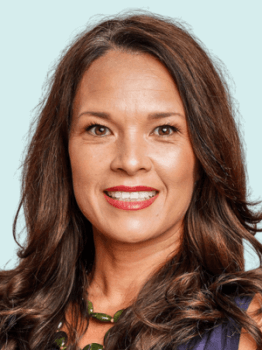
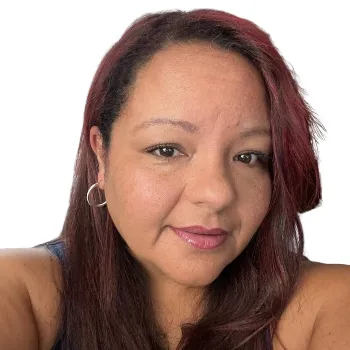
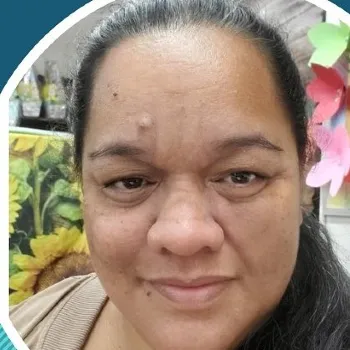
Presenters bring their deep experience in aloha ʻāina work to this panel, sharing personal stories and insights on the vital relationship between health and land. Drawing from their efforts to galvanize communities in safeguarding and caring for ʻāina, they will explore how Hawaiian values of stewardship, reciprocity, and kinship with the land not only sustain physical well-being but also nurture emotional and spiritual health. The panel will highlight practical examples of community-driven land restoration and protection, emphasizing that caring for ʻāina is inseparable from caring for people, and that collective action rooted in ancestral knowledge is essential for building resilient, thriving communities.
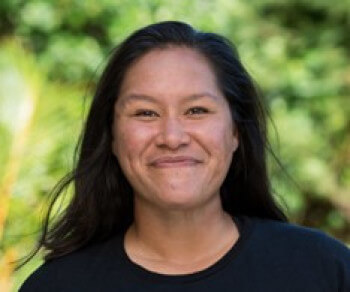
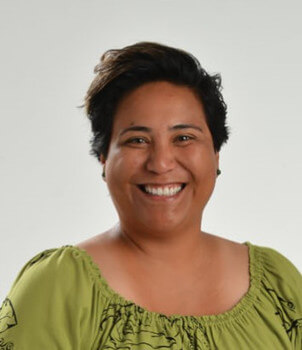
Every year, the State Legislature makes decisions on laws and state budgets that impact Hawaiʻi and Hawaiians. One important way Hawaiians are served is ensuring that kānaka maoli are in positions to make and influence these critical decisions. In this session, participants will have an opportunity to hear from a panel of Hawaiian lawmakers about their roles, the challenges they face and the opportunities they see on the horizon for making policy happen that supports Hawaiians’ overall health and well-being.
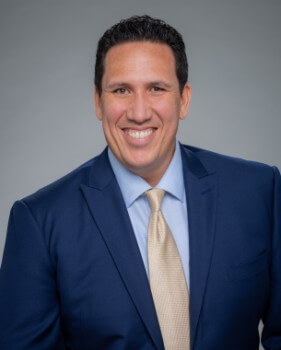
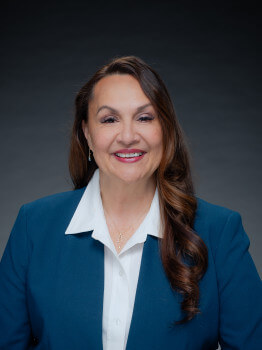


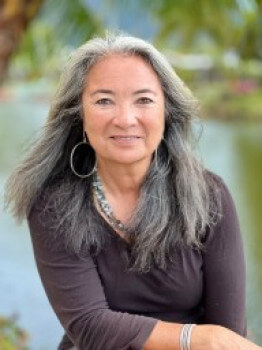
Dr. Ngoc Phan and Dr. Lynette Cruz (kupuna) are partners on a community-based research project that explores how activism supports the health and wellbeing of Native Hawaiians. As a community leader and cultural expert, Dr. Cruz helps guide the project to center Native Hawaiian experiences, strengthen cultural resilience, and highlight the healing role of civic engagement in response to historical trauma.
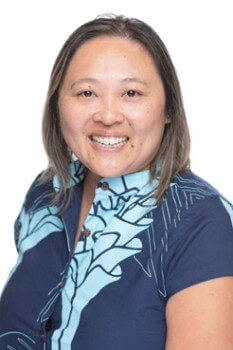
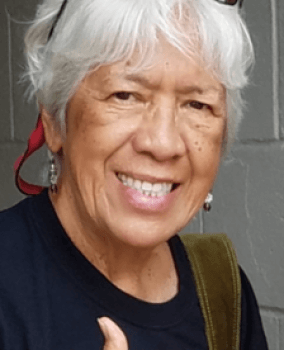
AIM AHEAD Research Project, Ka Malu a Moananui, Ka Malu a Moananui, a community-based participatory research project dedicated to providing a culturally safe Introduction to AI/ML for Native Hawaiian and Pacific Islander Community Health Workers. Lessons learned from developing a machine learning model to address cardiometabolic health for Native Hawaiian, Chamorro, and Marshallese populations in the Pacific. This session will highlight the importance of using CBPR and cultural safety principles of engagement when working with communities.
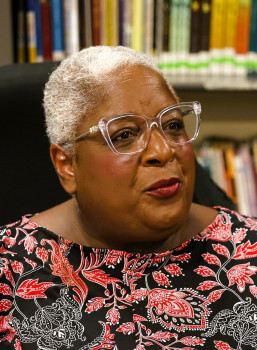
Mohala Na Pua is a community-based participatory research project to reimagine substance use prevention in Windward Oahu schools. The multistep process begins with a risk and resilience profile for the school. Next, student led design sprints to improve Ho‘ouna Pono, a culturally grounded substance use prevention program, will teach students, school staff, and researchers creative and out of the box solutions to increase implementation. Finally, in the moment program will provide real-time adaptations to the curriculum and additional implementation strategies. The goal will be to create tailored substance use prevention and implementation strategies for intermediate school in the district over the next five years.
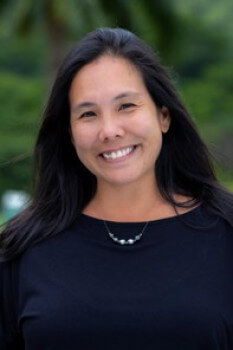
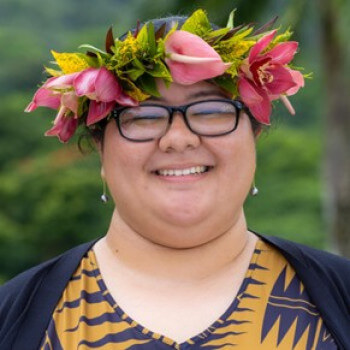
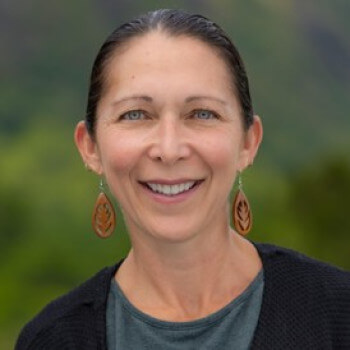
Ka Wehena o Ke Ao is a culturally grounded healing program supporting Native Hawaiian paʻahao and their ʻohana through weekly kūkākūkā sessions led by a haku hoʻoponopono. Held at two Oʻahu correctional facilities, the program fosters reentry success by teaching culturally rooted communication and strengthening family relationships. Each cohort ends with a facilitated ʻohana session and graduation, where participants wear self-designed kīhei. The first cohort included 17 participants. Emphasizing ʻohana, identity, and healing, the program supports access to housing, employment, and reconciliation, reducing recidivism. Ka Wehena o Ke Ao aims to expand across Kō Hawaiʻi Pae ʻĀina.
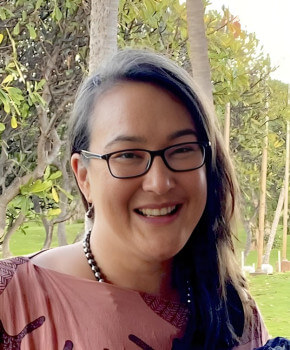
The movements of Hula are similar to those used in interventions aimed at improving balance and reducing the risk of falls; however, little has been done to examine the influence of regular Hula practice on balance. We performed a substudy of the ‘IKE Kupuna trial to assess whether 12 weeks of regular Hula practice improved clinical measures of balance, fear of falling and risk of multiple falls among Native Hawaiian and Pacific Islander adults aged 55+ with subjective or mild cognitive impairment. In this session, we will discuss our study and future directions.
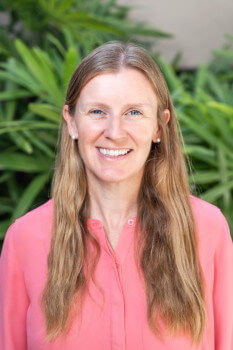
In this Table Talk session, we will share our team’s journey developing and piloting Hula for Parkinson’s, a culturally rooted movement program supported by the PIKO pilot grant. Our work focused on adapting traditional hula for individuals living with Parkinson’s disease, guided by deep engagement with kūpuna, hula practitioners, and community partners. Their insights helped us thoughtfully modify choreography and delivery to ensure safety, accessibility, and cultural alignment. We will present key findings from our 12-week feasibility trial, highlight the invaluable role of community and clinical partnerships, and reflect on the lessons learned through this collaborative process. Looking ahead, we will discuss our next steps to expand the program and continue weaving cultural strength into health and healing. Join us in exploring how ʻike kūpuna and clinical care can come together to support mauli ola for those living with neurodegenerative disease.
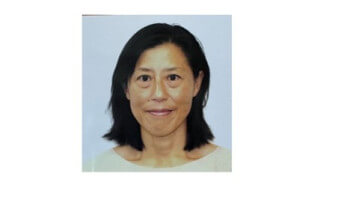
This closed cultural activity session will share the history of lei making in Hawai‘i. From simple adornments to a symbol of our appreciation and celebration, this workshop will provide opportunities for participants to weave a lei using ribbon.
He Alo a He Alo - Papa Ola Lōkahi has invested in face-to-face talk story sessions with Kanaka Maoli in all 50 states and all islands to learn what it means to be Hawaiian. Dr. Sheri Daniels and the research hui share the early findings

(CLOSED session, by invitation only)
Kūkākūkā: Policymakers and policy professionals (CLOSED session, by invitation only)
Pilina are a crucial component to everyday life as Kānaka, and just as important to success in Native Hawaiian Health. This closed session will provide an opportunity for Native Hawaiian Health Scholarship recipients to expand their network through a no-host meet and greet session.
(CLOSED session, by invitation only)
Meet-and-Greet (CLOSED session, by invitation only)

Day 2 Keynote speaker Dr. J. Keawe‘aimoku Kaholokula elaborates on the foundation of Mauli Ola.
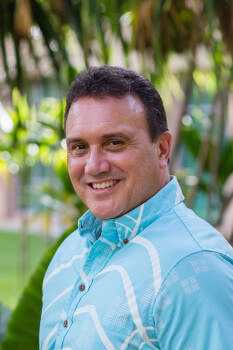
This panel brings together both long-established and newly formed kūpuna councils to share their unique perspectives on the protection, perpetuation, and preservation of traditional healing practices. Each council will offer insight into their founding history, their guiding purpose, and the vital roles they play in ensuring that ancestral knowledge and healing traditions remain vibrant, relevant, and protected in today’s world. Through generational wisdom and inter-council dialogue, participants will explore shared values, ongoing challenges, and the evolving efforts to maintain the integrity of traditional healing in modern contexts. This session is a rare opportunity to witness the strength of intergenerational leadership working together to uplift and safeguard the cultural foundation of Native Hawaiian health and well-being.
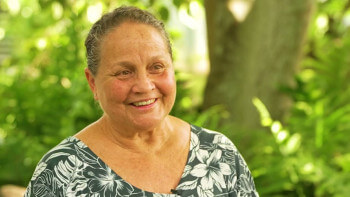
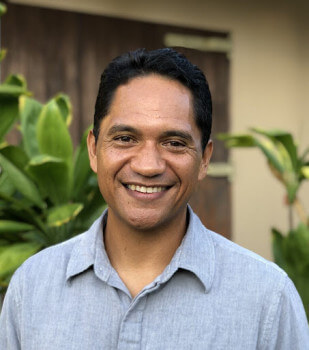
A dynamic panel of Kāne Physicians with nearly 160 years of combined experience will share their reflections and WOW (words of wisdom) with attendees.
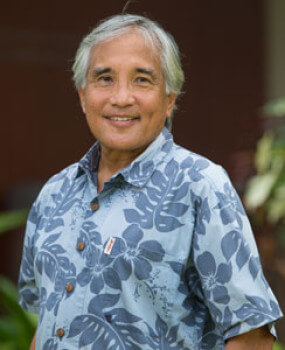
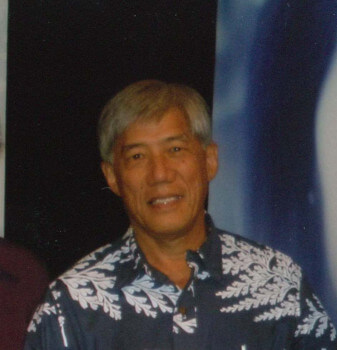
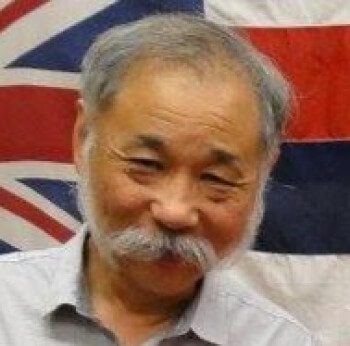
We care for our loved ones, our ʻohana both kūpuna and keiki. When someone we care for is facing a serious illness or needs extra help because of a diagnosis, Palliative Care can help patients and loved ones understand and navigate health care decisions. Palliative Care includes a team that works with your doctor or provider to offer the best care during a time of need. Learn more about Palliative Care, and how it can support and mālama ka ʻohana.
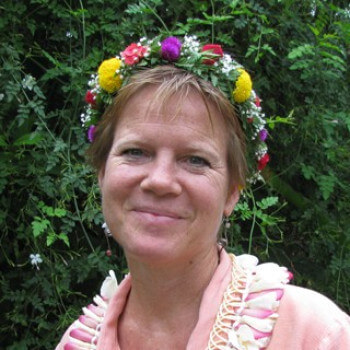
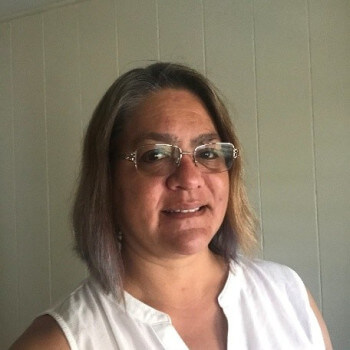
With a focus on resilience, Vibrant Hawaiʻi, under Janice's leadership, coordinates a network of resilience hubs and engages in community-based, participatory action research to empower residents and promote data justice to reshape societal paradigms and advance culturally relevant asset-based community development. “I advocate for the restoration of kuleana, a possibility when the system within which we operate provides equitable access to opportunities and resources so that we are each able to demonstrate our agency and contribute toward community meaningful ways - unleashing potential, greatness, and agency in others.”
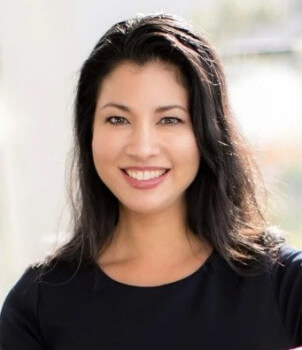
This presentation will share Nā Puʻuwai’s unique and evolving approach at blending Traditional, Complementary, and Integrative Medicine within Native Hawaiian health care delivery on Molokaʻi and Lānaʻi. Presenters will explore the underlying philosophy that guide this collaborative approach and share case studies that illustrate how the practices of lomilomi, acupuncture, and naturopathic medicine are used in culturally grounded ways to support the health and well-being of kānaka.
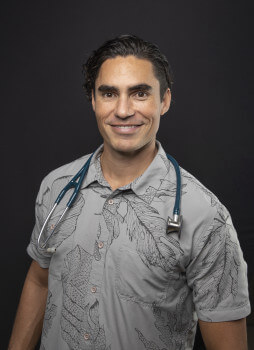


Uncle Eddie Kaʻanana would always say "He haumana wale nō au" as a response to anyone who expressed admiration for his expertise in cultural practices including ʻōlelo Hawaiʻi, mahiʻai, kūkulu hale, lawaiʻa, a pēlā aku. When thinking about the spirituality and sacredness of mana, we can learn so much from the humility of those in our lives who held and demonstrated mana through hoʻoulu and aloha. While we are born with mana, and we acquire mana over time, the teachers who best embodied characteristics of Ke Akua Mana were those whose mission it was to uplift and amplify the mana of others. Letʻs explore and celebrate the beauty of the quiet practice of hoʻoulu mana.

Convene to share highlights and learnings regarding the status of maternal child health in Hawaiʻi within underrepresented communities. Focusing on different stages of pregnancy, birth, and postpartum.
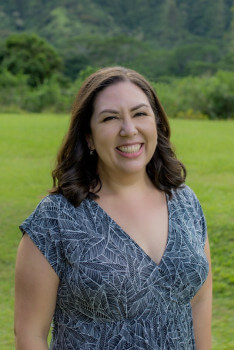
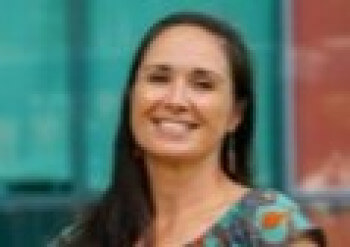
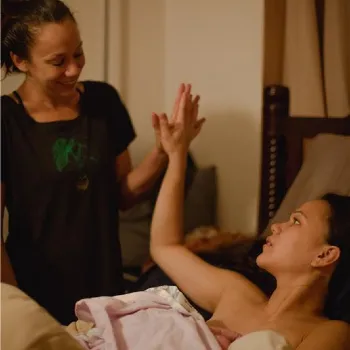
Beginning in March of 2024, Papa Ola Lōkahi began a Māhū Listening Tour with the intention of talking with māhū from across the pae ʻāina and moku honu. Since then, POL has spoken to nearly 50 beautiful māhū, sharing their manaʻo. Join us as we share the findings from this listening tour, as well as the impact this information has for existing and future services for our māhū.
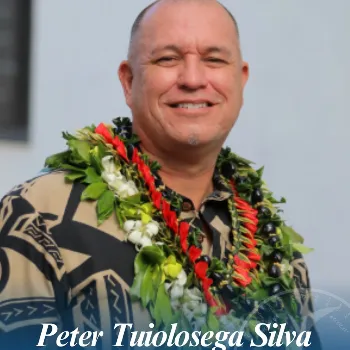

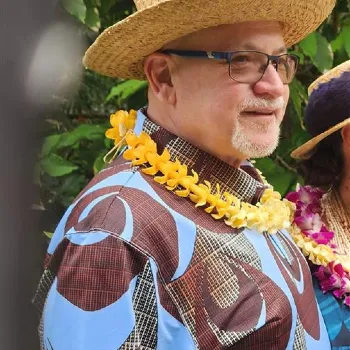

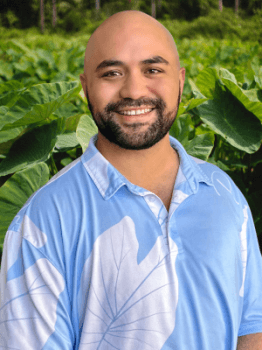
This closed, immersive cultural experience will explore self-identity and self-awareness as Hawaiians in health. While learning how to interweave kaula and ipu, participants will reflect on what it means to be a Hawaiian and how kuleana is interwoven to support their inner circles, communities, and the broader lāhui. This experience will be led by ‘Ōhai Daniels, a cultural practitioner with a PhD in Indigenous Studies.
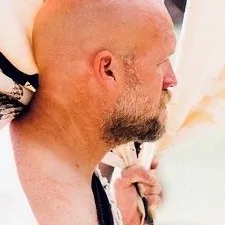
In every place we stand, there is an opportunity - to build community, strengthen belonging, and uplift one another. This session brings together a panel of leaders who are deeply rooted in community work that is grounded in ʻāina and culture. Through conversation, panelists will share their experiences and reflect on the strategies, partnerships, and lessons that shape the communities where they live and serve.
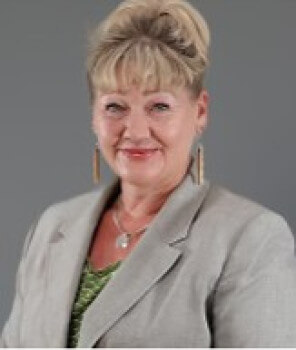
Dr. Evan Adams, Fulbright fellow, will share his findings on the elements of Hawaiian leadership.
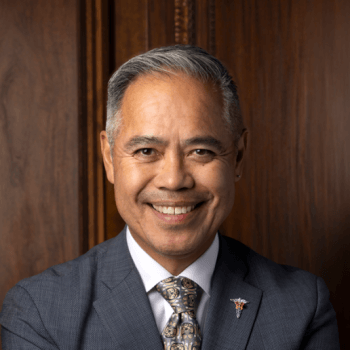
Across the pae ʻāina, kānaka are building mauli ola for our lāhui. From the countryside to urban cities, learn more about how these kānaka preserve our culture by owning their own health practices. Hear about their journeys from being providers to opening their practices.
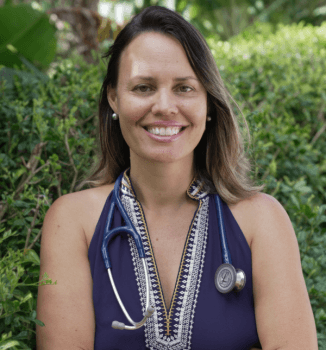
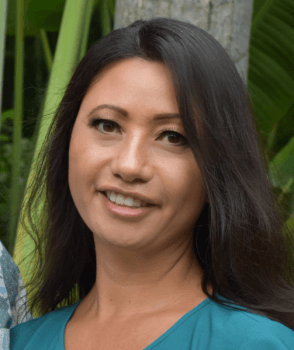
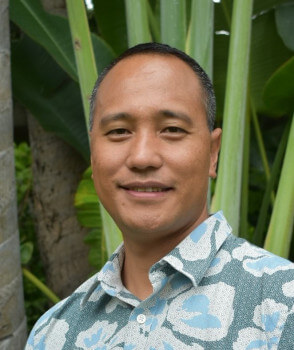
This panel features the founders of the ʻAha ʻAi Pono Gatherings—a year-long, community-led initiative focused on inspiring collective action to feed, sustain, and strengthen our lāhui. Kaiulani Odom of the Hawaiʻi Good Food Alliance, Alicia Higa of Waiʻanae Coast Comprehensive Health Center’s Elepaio Social Services and Dr. Mary Oneha of the Waimānalo Health Center envisioned and birthed this ʻaha to hold space for community to educate and inspire others to ʻauamo kuleana. In this session, they will reflect on the conceptualization of the ʻAha ʻAi Pono; their organizations' response to their vision around food, health, and ʻike kūpuna; and how this work is evolving and growing.
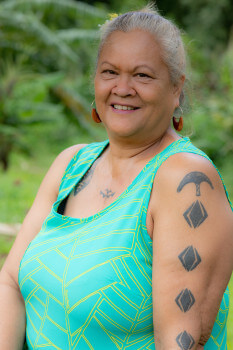
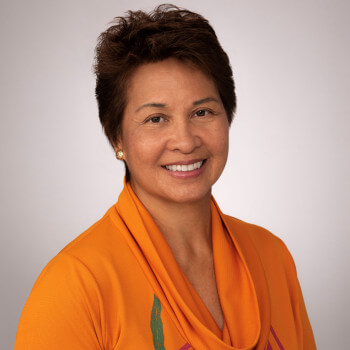
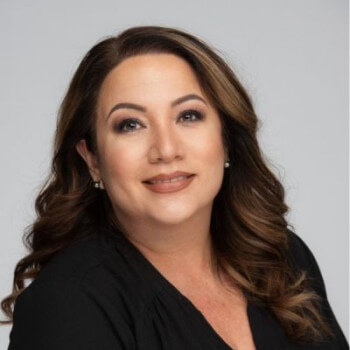
Panelists will describe efforts to lift up Hawaiian health research and researchers, and preserve the record of the Hawaiian health movement
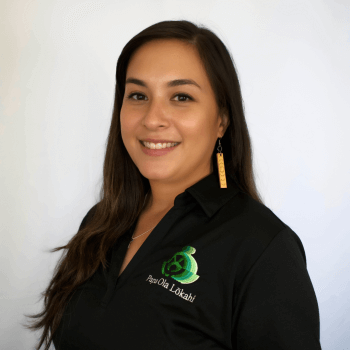
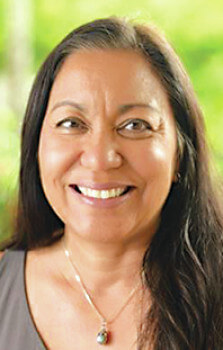


For more than a century the Tobacco Industry has sought to have an overwhelming presence in Hawaiʻi. From menthol grabbing hold of our kūpuna while they work hard on the plantation, to the rise in vaping and e-cigarette use with our ʻōpio and mākua, we need to reclaim our breath. This panel discussion will feature the impactful work happening on Moku o Keawe, as community advocates and health workers are working to kiaʻi our kaiāulu and ensure our lāhui is healthy and breathing pono.
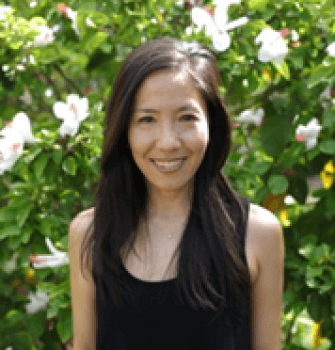
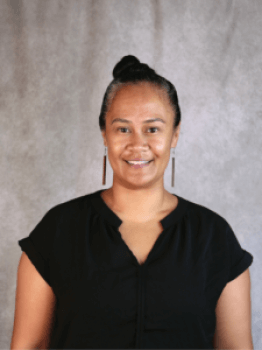
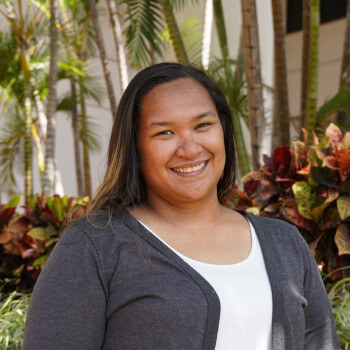

In this heartfelt panel discussion, join Sheri Daniels, CEO of Papa Ola Lōkahi, as she moderates a conversation with individuals living with chronic health conditions. Panelists will share their personal experiences navigating illness, healing, and daily life while managing conditions such as diabetes, cancer, obesity, and polycystic kidney disease (PKD). Through open dialogue, we will explore the emotional, cultural, and practical realities of living with long-term health challenges.
This session is designed to deepen empathy, reduce stigma, and highlight the resilience of our lāhui. Whether you are at the beginning of your journey, supporting a loved one, or walking your own path with chronic illness, this conversation offers connection, insight, and inspiration.
Session Objectives:
- Share diverse, real-life experiences of chronic conditions from Native Hawaiian and Pacific Islander perspectives
- Cultivate empathy and awareness of different stages in health journeys
- Encourage support, understanding, and self-advocacy in community wellness
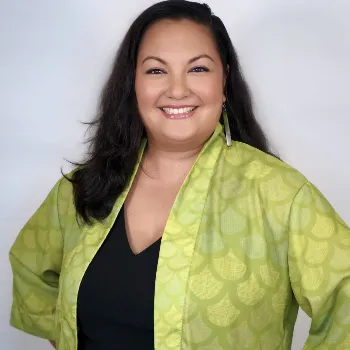
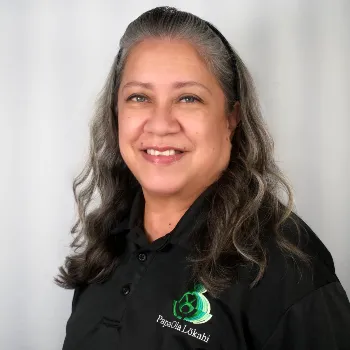
Preliminary Findings (CLOSED session, by invitation only)
This workshop will feature multiple weaving stations.
Join master weaver Hone Bailey of Aotearoa as he shares the ancestral practice of raranga (Māori weaving). Grounded in cultural knowledge and lived experience, Hone will guide participants through the techniques and deeper meanings woven into each strand. This session offers a space to connect with tradition, reflect on ancestral ties, and explore the role of raranga in sustaining Māori identity and values.
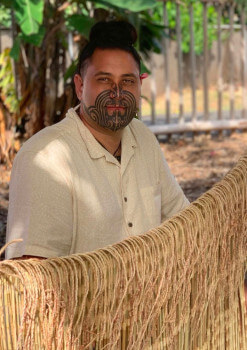

Practitioners describe their hina'i project and demonstrate different types of weaving.
In a modern world held together with chemical adhesives and mechanical fasteners, the significance of fiber technology is often taken for granted, but at its core, cordage making and knot tying is pre-historic knowledge that was critical to all human survival and expansion across the globe. For Kānaka, cordage represented more than just a means of harnessing and navigating the natural world. Expertly tied carry nets, and the cord used to tie them, were divine symbol of supreme authority which not only conveyed the kapu powerful aliʻi, but embodied the virtues of mighty akua, and a strong society.
This presentation will discuss the social significance of kōkō puʻupuʻu in contemporary Hawaiian society as a symbol of continued resilience in the face of widespread cultural oppression and loss. It will further explore the revival and perpetuation of kōkō puʻupuʻu by modern practitioners, who continue to demonstrate the significance of weaving ʻike kūpuna and cultural traditions into modern beliefs and practices.

